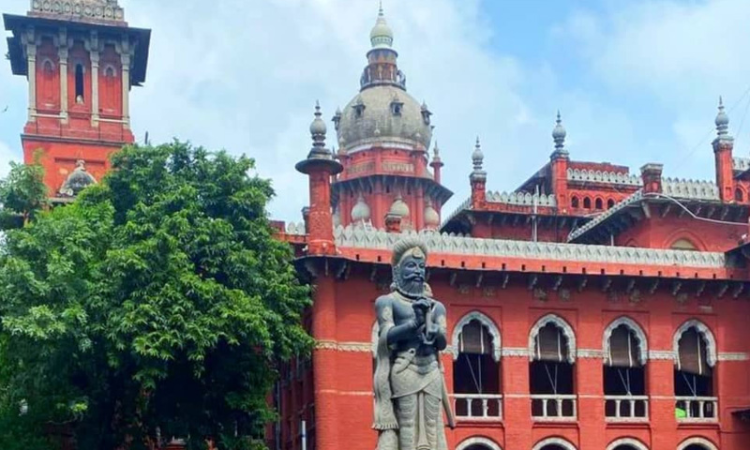The Madras High Court has held that if a decision taken by an erstwhile Government is good to the public and the society at large, the successive Government can very well continue the project, if it is yet to be completed or half way through, for which further financial support is required.Justice R Suresh Kumar said, "If the erstwhile or the previous Government has taken a decision...

